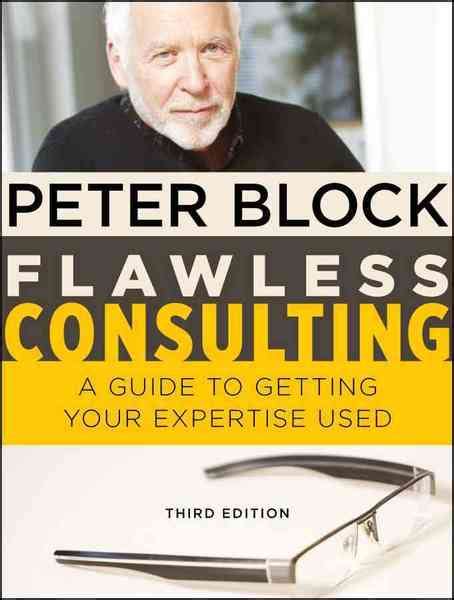A Quote by Marshall B. Rosenberg
NVC enhances inner communication by helping us translate negative internal messages into feelings and needs. Our ability to distinguish our own feelings and needs and to empathize with them can free us from depression.
Related Quotes
At every stage of life, our inner self requires the nurturance of loving people attuned to our feelings and responsive to our needs who can foster our inner resources of personal power, lovability, and serenity. Those who love us understand us and are available to us with an attention, appreciation, acceptance, and affection we can feel. They make room for us to be who we are.
Many of us have a tendency to deny any negative feelings. We judge them as "bad" or "unenlightened" when, in fact, they are our stepping stone to enlightenment. Our so-called negative feelings or attitudes are really parts of ourselves that need recognition, love, and healing. Not only is it safe and healthy to acknowledge and accept all of our feelings and beliefs, it is necessary, if we are to get in touch with the fears and pockets of blocked energy that are holding us back from what we want.
To say that it is not our fault does not relieve us of responsibility. However, we may not have polluted the air, but we need to take responsibility, along with others, for cleaning it up. Each of us needs to look at our own behavior. Am I perpetuating and reinforcing the negative messages so pervasive in our culture, or am I seeking to challenge them?
Once considered an art form that called for talent, or at least a craft that called for practice, a poem now needs only sincerity. Everyone, we're assured, is a poet. Writing poetry is good for us. It expresses our inmost feelings, which is wholesome. Reading other people's poems is pointless since those aren't our own inmost feelings.
For to the extent that we act toward others as we feel we might, we open ourselves to their inner reality, and their needs and aspirations seem so important to us as our own. We hope their hopes will be fulfilled and need to see their needs satisfied. Their happiness makes us happy, and we are pained to see them hurt. We resonate with them and delight in their prosperity.
Our Heavenly Father knows us and our circumstances and even what faces us in the future. His Beloved Son, Jesus Christ, our Savior, has suffered and paid for our sins and those of all the people we will ever meet. He has perfect understanding of the feelings, the suffering, the trials, and the needs of every individual.
None of us needs instruction in how to recognize what your heart is saying. We do need guidance, however, on how to have the courage to follow those feelings, since they will force us to change our lives in any case. But consider the consequences of not listening to the heart's guidance: depression, confusion, and the wretched feeling that we are not on our life's true path, but viewing it from a distance.
If we face our unpleasant feelings with care, affection, and nonviolence, we can transform them into a kind of energy that is healthy and has the capacity to nourish us. By the work of mindful observation, our unpleasant feelings can illuminate so much for us, offering us insight and understanding into ourselves and society.
I discovered that resolution of conflict comes from people being able to express their own feelings and their own needs in the face of another. Making agreements and setting goals without building upon the feelings of the parties involved is empty, because it does not consider the vulnerabilities of our own humanity.



































